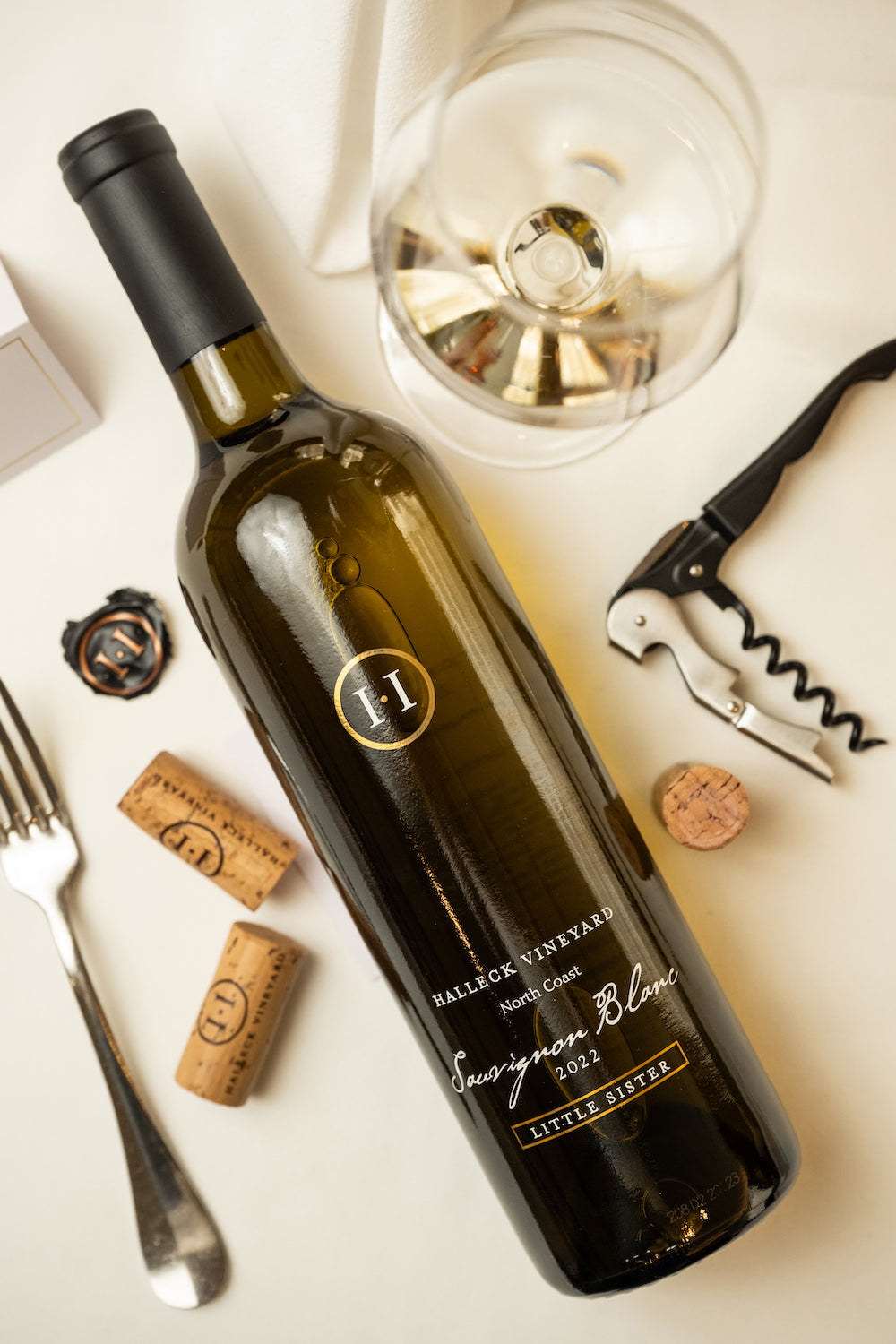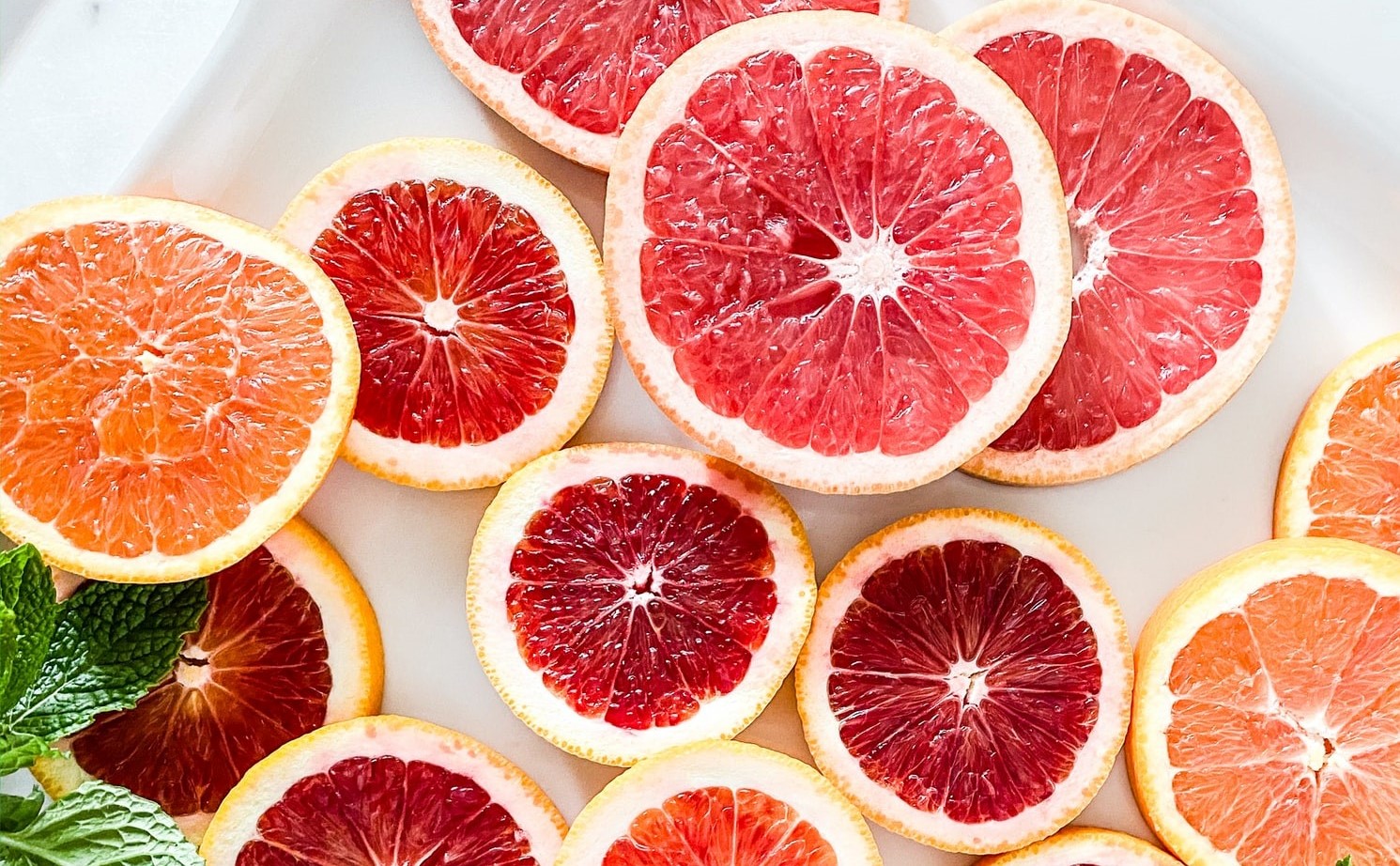Wineries Offering Educational Wine Seminars - Sonoma Wine Region Vineyards
Wineries Offering Educational Wine Seminars - Sonoma Wine Region Vineyards
Blog Article
Wineries That Offer Food Trucks On Weekends - Exploring The Vineyards In Sonoma County
Wine tasting is usually regarded as an art kind, one that goes beyond merely having fun with a beverage. It embraces a fancy interaction of flavors, aromas, and textures that requires devoted practice to actually grasp. Many who venture into the world of wine tasting quickly understand that it involves rather more than simply sipping wine. Bettering sensory skills through dedicated winery wine tasting can elevate the experience, reworking an off-the-cuff consuming occasion into a classy exploration of the senses.
At a primary degree, wine tasting engages the senses of sight, scent, taste, touch, and even sound. Every element plays a vital function in appreciating the nuances of a wine. When one first pours a glass of wine, the rich hues can provide initial insights into its age and varietal. Observing the color and readability helps form expectations about the wine's flavor profile. Many don’t fully respect how this visual evaluation can set the stage for what is to follow.
The subsequent step is to interact the sense of scent. Swirling the glass aerates the wine, allowing its unstable compounds to flee and fill the air with its bouquet. The nose entails some fascinating layers—different aromas can signal numerous elements of the winemaking process, including the sort of grapes used, fermentation methods, and getting older conditions. Creating a keen sense of scent can be a game-changer in wine tasting.
Wineries With Unique Wine Blends - Wineries To Visit
To enhance this sensory skill, wine enthusiasts are often encouraged to participate in devoted tastings at wineries. These tastings permit individuals to focus solely on the sensory experience (Wine Tasting Trails In Sonoma Valley). Tasting periods led by knowledgeable sommeliers or winemakers can offer insights into figuring out distinct aromas. Studying to distinguish between floral, fruity, earthy, and spicy notes can empower a taster to articulate their experience with higher precision.
As one practices their sensory abilities, they might uncover that their taste preferences evolve. This transformation often happens after a number of tastings. A wine that initially appeared overwhelming may reveal hidden layers of complexity with a little bit of experience. Understanding how to isolate individual flavors such as acidity, sweetness, bitterness, and umami contributes substantially to the general wine experience.
One Other essential component in improving sensory skills is the context by which wine is tasted. Environmental elements like temperature, lighting, and even the corporate present can influence perceptions. At a winery, an optimal setting can reduce distractions and allow a extra profound exploration of the wine (Intimate Wine Tasting Experiences In Sonoma). Training conscious tasting techniques encourages a extra immersive experience, allowing tasters to hone in on their senses.
It is not solely about particular person perception, although. Participating with others during a tasting can also improve sensory skills. Sharing notes and discussing impressions fosters a deeper understanding of the wine. This collaborative strategy encourages individuals to articulate their sensory experiences, thereby broadening their linguistic repertoire related to wine tasting.
Best Wineries For Sunset Views In Sebastopol - Family-Owned Wineries In Sonoma
Moreover, pairing wine with food can significantly enhance the tasting experience. Totally Different combinations can bring out distinctive flavors in both the wine and the dish. As one tastes a wine alongside specific meals, they can begin to acknowledge how sure elements in the wine complement or distinction with what they are eating. This skill of pairing is one other layer that enriches sensory development.
Training one’s palate can involve quite lots of exercises. Some enthusiasts interact in systematic tasting experiences, sampling a variety of wines that showcase totally different varietals, regions, or vintages. Exploring this diversity can sharpen the ability to discern nuances across totally different wine profiles. Over time, this practice builds a mental library of flavors that may be accessed throughout future tastings.
Notably, written notes serve a dual function: organizing one’s ideas and reinforcing memory. By writing down observations about each wine, tasters can monitor their progress over time. Detailing the traits of wines assists in solidifying information, in the end deepening one’s appreciation of what they eat.
Moreover, attending workshops or classes targeted on sensory analysis can additionally be useful. Many wineries supply these academic applications to help individuals refine their skills. Typically, skilled instructors guide individuals through structured tastings, specializing in specific elements of the wine. This level of training reinforces the sensory skills asynchronously and challenges tasters to suppose about their experiences from completely different angles.
Vineyard Picnic Spots In Sonoma Valley - Vineyard Tours In Sebastopol

Over time, the commitment to improving sensory skills by way of dedicated winery wine tasting can yield vital rewards. The enjoyment derived from wine turns into layered and multifaceted. No longer limited to a easy preference for "purple" or "white," tasters start to understand the tales behind every pour. They cultivate a palette able to navigating the advanced landscape of flavors with confidence.
In conclusion, the journey of enhancing sensory skills via devoted winery wine tasting is as rewarding as it's pleasant. It requires focus, commitment, and a willingness to be taught, however the outcomes far exceed the initial effort. By participating a number of senses and collaborating in considerate discussions, individuals not only become more proficient at identifying flavors but in addition develop a deeper appreciation for the craftsmanship behind every bottle. The course of transforms wine from a mere beverage into a rich tapestry of sensory exploration that beckons enthusiasts to delve deeper. As skills improve, so too does the enjoyment, enriching life experiences one sip at a time.
Wineries Ideal For Romantic Getaways - Sebastopol Area Wineries Offering Wine
- Participating the palate by way of various wine varieties enhances the flexibility to tell apart flavors and aromas, refining total sensory perception.
- Collaborating in guided tastings promotes targeted attention on refined characteristics of every wine, nurturing crucial tasting skills.
- Learning to determine particular grape varieties fosters a deeper understanding of terroir, which aids in recognizing regional flavor profiles.
- Incorporating food pairings throughout tastings can heighten sensory consciousness, as totally different tastes can affect one another and alter perceptions.
- Working Towards the art of swirling and nosing wines allows people to connect olfactory cues with taste, bettering the power to articulate sensory experiences.
- Attending workshops that emphasize blind tastings trains members to rely purely on their senses somewhat than preconceived notions, enhancing objectivity.
- Elevating sensory skills can lead to better wine selection talents, empowering individuals to make informed decisions based mostly on personal preferences.
- Partaking with educated sommeliers provides insights into wine-making processes, which deepens sensory appreciation and enhances vocabulary for describing wines.
- Common participation in tastings encourages reminiscence growth of flavors and aromas, aiding in the formation of a personalised sensory profile over time.
- Sharing tasting experiences with peers fosters dialogue, selling communal studying that may improve particular person sensory skills by way of collaboration.undefinedWhat is the purpose of enhancing sensory skills by way of wine tasting?

Enhancing sensory skills by way of wine tasting allows individuals to boost their capability to identify and recognize the varied aromas, flavors, and textures of wine. This heightened sensory awareness can result in a deeper understanding of wine and an general enriched tasting experience.
Wineries Featuring Vineyard Tours - Best Vineyard Visits In Sonoma
How can I develop my sensory skills at a winery?
You can develop your sensory skills at a winery by participating in guided tasting sessions that focus on specific varietals. Engage with knowledgeable staff who can provide insights and encourage you to take notes on your impressions, enhancing both your observational and descriptive abilities.
What ought to I count on throughout a dedicated wine tasting experience?
Wineries Featuring Vineyard Tours - The Beauty Of Sebastopol Wineries
During a dedicated wine tasting experience, expect to pattern a selection of wines while receiving targeted education about every one. You Will study about the winemaking course of, tasting techniques, and tips on how to discern different sensory characteristics, all in a relaxed surroundings.
Is prior knowledge of wine needed to benefit from a sensory skills workshop?
- Intimate Wine Tasting Experiences In Sonoma
No prior data of wine is necessary; the workshops are designed for all ranges of experience. Beginners will discover valuable information to build from, whereas seasoned tasters can refine their skills and increase their palate even additional.
How do sensory skills impact my general wine appreciation?
Small Batch Wineries In Sonoma Valley - Sebastopol Area Wine Tasting
Bettering sensory skills considerably enhances your total wine appreciation by permitting you to establish subtleties and complexities in wines. This deeper understanding enriches your tasting experience and helps you make knowledgeable selections primarily based on personal preferences.
Are there specific techniques I ought to use while tasting wine to improve my sensory skills?
Scenic Vineyard Tours In Sebastopol - Best Wine Tasting Spots In Sonoma County
Yes, using have a peek at this site techniques such as the "SWOT" methodology (Sight, Swirl, Odor, Sip, Savor) can be helpful. Pay attention to the wine's look, aromatics, and mouthfeel, and take your time with every sip to fully discover the flavors and sensations.
What kind of wines are typically included in sensory skills tastings?
Sometimes, sensory skills tastings embody a variety of wines that showcase completely different regions, varietals, and styles. This diversity helps individuals determine distinct traits and enhances their capacity to distinguish between wines.
Can sensory skills workshops be personalized to my tasting interests?
Wineries Pairing Wine With Chocolate - Wineries To Visit
Many wineries supply personalized options for sensory skills workshops, permitting you to concentrate on particular types of wines or themes that curiosity you, similar to organic wines or unique regional offerings. It's best to inquire more information instantly with the winery for tailored experiences.
Is there a approach to practice sensory skills after leaving the winery?
Sure, you possibly can practice your sensory skills at home by tasting completely different wines and keeping a tasting journal. Experimenting with varied food pairings and aromatics can additional enhance your understanding of how flavors interact, reinforcing the abilities gained on the winery. Report this page